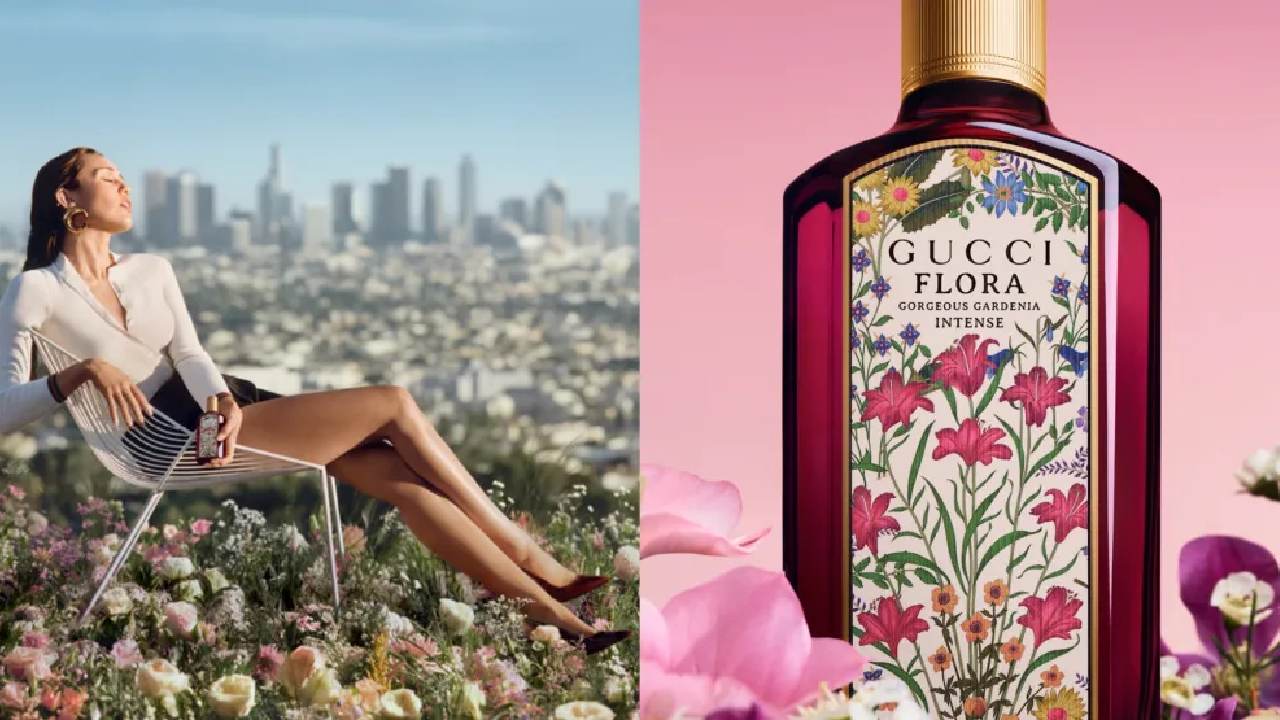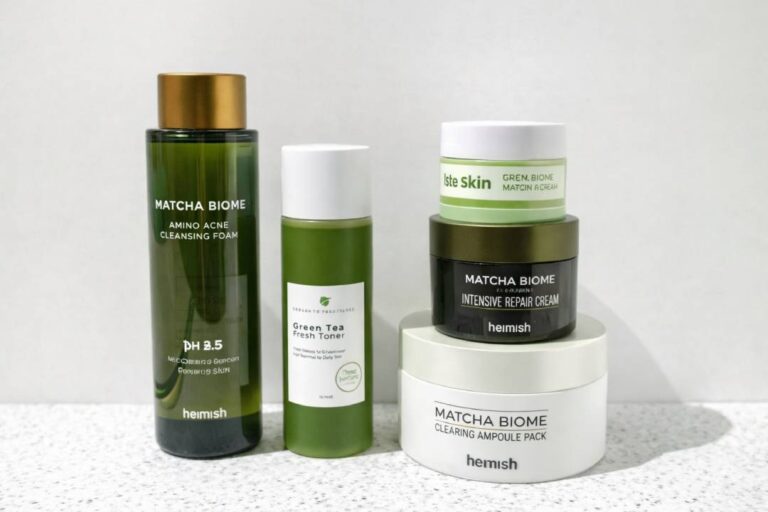
BeautyRival – Coty started fiscal 2026 on a challenging note. The beauty giant reported a 6 percent drop in net revenue to $1.58 billion in its first-quarter results. The figure still met Wall Street expectations, though like-for-like sales fell 8 percent. Prestige beauty revenue slipped 4 percent to just over $1 billion, while consumer beauty dropped 9 percent to $507.7 million. Adjusted earnings per share came in at 12 cents, below analysts’ forecasts of 15 cents. Despite the decline, CEO Sue Nabi remained confident about the company’s direction. “We expect second-quarter sales to reach the favorable end of our previous guidance,” she said. Nabi also projected sales and profit growth in the second half of the fiscal year. For Coty, the focus is on transformation, not retreat, as it works to stabilize results after several turbulent quarters.
Gucci License Loss Marks a Turning Point for Coty
Coty’s most significant challenge is the loss of its Gucci Beauty and fragrance license, set to expire in 2028. The brand represents roughly 8 percent of Coty’s total sales and 11 percent of its profits, according to Evercore IRI. The change follows Kering’s decision to sell its beauty business to L’Oréal, which means Gucci will move under new ownership. Losing such a lucrative license is a major blow to Coty’s prestige portfolio. However, the company said it remains fully committed to managing Gucci Beauty under the current agreement. “Our focus now is on optimizing the brand during its remaining term,” the company stated. Coty will continue investing in marketing and product development to maintain Gucci’s strong market presence. The transition period gives Coty time to strengthen other partnerships and rebuild its portfolio around new opportunities.
“Read More : Nour Arida Redefines Beauty With Sorbé: A Celebration of Presence Over Perfection”
Diverging Performance Between Prestige and Consumer Divisions
Coty’s quarterly results showed a clear contrast between its two core businesses. Prestige beauty saw a mild 4 percent decline, supported by strong performances in fragrance. Meanwhile, consumer beauty which includes CoverGirl, Rimmel, Sally Hansen, and Max Factor fell 9 percent. Inflation and shifting consumer habits hit the mass-market segment hardest. The company is now reviewing its $1.2 billion consumer beauty business and its $400 million Brazilian operations. Citi is advising Coty on possible partnerships, divestitures, or spin-offs. The goal is to simplify operations and sharpen the company’s focus. “We’re exploring all strategic options to ensure long-term profitability,” Nabi said. The review reflects a broader trend across the beauty industry, where companies are trimming underperforming assets to focus on growth in high-margin categories like prestige skincare and fragrance.
Innovation Pipeline: New Launches to Drive Growth
Coty’s leadership believes innovation will guide its recovery. The company announced a robust lineup of upcoming fragrance and beauty launches. These include collaborations with Swarovski, Etro, and Marni, scheduled over the next two years. Nabi also confirmed that Marc Jacobs Beauty will make a comeback in 2026 with a new makeup line. “We see tremendous potential to accelerate momentum,” she said. Coty plans to leverage its global e-commerce reach and strong retail partnerships to support these launches. The strategy emphasizes quality over quantity each launch designed to build brand loyalty and awareness. This innovation push aims to position Coty as a modern beauty powerhouse, less dependent on legacy licenses. For investors, these initiatives are a sign that Coty is moving from damage control to sustainable reinvention.
“Read More : H&M Steps Boldly Into the World of Après-Ski Fashion”
Strategic Review Aims to Refocus Core Business
Coty’s restructuring efforts are part of a broader plan to refocus on high-performing assets. The company’s mass color cosmetics segment covering brands like CoverGirl and Rimmel is under evaluation. So is its Brazilian business, which features strong local labels but limited global reach. The review, led by Citi, will assess all possible outcomes, including joint ventures or spin-offs. “It’s not about exiting,” Nabi said. “It’s about evolving.” The move signals Coty’s intent to prioritize agility and efficiency in its operations. By narrowing its focus, Coty aims to reallocate resources toward innovation and brand elevation. The process also reassures investors that leadership is addressing structural challenges head-on. While the outcomes remain uncertain, the direction is clear: Coty wants to emerge leaner, faster, and better equipped to compete in an evolving beauty market.
Addressing Speculation: Coty Denies Plans to Sell Prestige Division
Market rumors have suggested that Coty may consider selling its prestige division. The company has firmly denied those claims. “Coty is not exploring the sale of its prestige division,” a spokesperson stated. “The only business currently under strategic review is the consumer beauty division.” The clarification reassures stakeholders that Coty remains committed to its premium brands. The prestige portfolio, which includes Burberry, Hugo Boss, and Jil Sander, continues to perform well. Burberry Goddess, launched in 2023, remains Coty’s biggest debut ever. Meanwhile, Hugo Boss became Europe’s number-two men’s fragrance franchise last year. These brands form the backbone of Coty’s global identity and profitability. As of November 2025, Coty’s market capitalization stands at $3.33 billion, underscoring its resilience despite ongoing market challenges. The next chapters will test Coty’s ability to turn strategy into measurable recovery.


